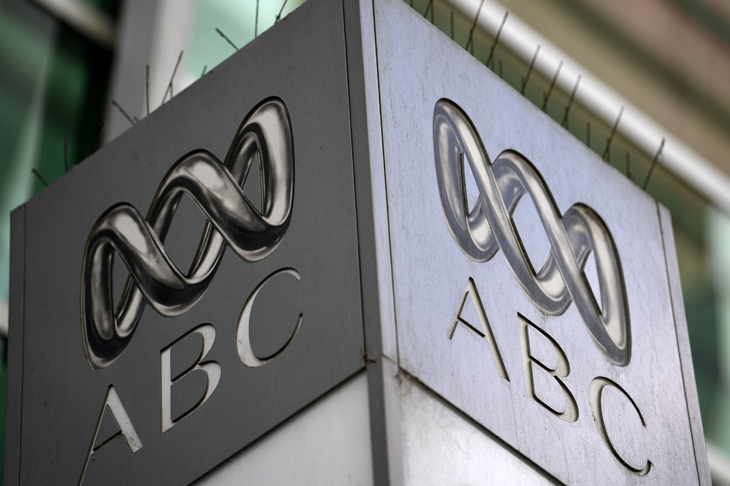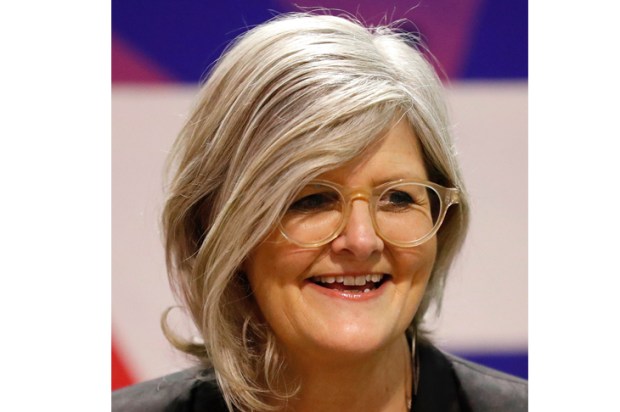If you listen to two of the ABC ‘s Sydney radio stations, national and local, they regularly report a 1°C difference in the city’s temperature. But at noon on Saturday 19 June, one station declared it was 15°C, immediately followed by the other saying it was 12°C, without any of those qualifications about this being how it felt. This was not evidence of climate change or of someone looking out of the window of the not-yet-opened Parramatta studio, just a curious aspect of an ABC which has clearly lost its way. This is demonstrated by an increasing failure to complement commercial media with programmes they cannot or will not provide and a widespread perception, especially among conservatives, of a corporation in constant breach of its Charter, with certain notorious fiefdoms operating under not so much lackadaisical editorial standards, but rather, the absence of any.
This is especially so when those fiefdoms engage in a favourite sport, destroying the reputation of some selected target. For this they have a penchant for conservative white heterosexual males such as Cardinal George Pell and former attorney-general Christian Porter.
As stated here, the role of the High Court in the appeal by the Cardinal was to determine whether the requirement of proof had been so radically changed that sex-abuse complaints were now to be proved merely on accusation. Under this proposed standard, the only question was whether the court believed the alleged victim. The High Court took the only course open to a responsible judiciary. They reaffirmed, with a rare unanimity, two fundamental principles; the presumption of innocence and the requirement that a crime be proved beyond reasonable doubt.
But as noted here, in a last-ditch and grossly impertinent attempt to pressure the highest judges in the land into denying Pell justice, the ABC scandalously rearranged its schedule to get in ahead of the High Court ruling to present as new, two old and unsuccessful complaints against Cardinal Pell.
Notwithstanding the Pell case, the ABC has continued in its apparent determination to wreck lives. In its calculated defamation of Porter, the normal editorial requirements of objective journalism were just not observed. In any respectable newspaper or broadcaster, the editor would rigorously cross-examine the journalist to ensure that seriously damaging material submitted can be demonstrated to be true through admissible evidence, a task made easier for the ABC, with its team of in-house lawyers. A newspaper editor who does not do this will not last long. This is done not just as a protection against legal action, but also as a matter of high ethical responsibility and decency.
In addition, as asked here, why did the editor not do what is standard ethical practice, something I particularly recall from my Press Council years? This is to give the person whose reputation is about to be shredded, an opportunity to comment or to defend himself before publication? Despite the fact that Porter was sufficiently identified, he was not contacted.
The ABC has since admitted they could not prove their seriously damaging story, even according to the lower civil standard, the balance of probabilities. Note however that this standard is subject to the ‘Briginshaw’ principle — the more serious the allegation, the more satisfied one must be of its proof. Incidentally, we can expect to see that principle rigorously applied in the defamation case brought by national hero Ben Roberts-Smith VC.
The Rule of Law Institute’s Chris Merritt points to the existence of information confirmed by the judge in the Porter case which could throw some light on whether the ABC was actuated by malice. As he says, this strengthens the case for a parliamentary inquiry into the ABC.
In the tradition of public broadcasting, the ABC’s standards should be at least as high as those of the best newspapers. They are clearly not. The ABC is especially fortunate neither Cardinal Pell nor the Prime Minister, in relation to the latest attack, are likely to sue and that Porter settled.
Let us not hear the usual excuse from the board, including the managing director and chairman, that they do not actually run the ABC and are powerless. Parliament has declared their duty is ‘to ensure that the gathering and presentation … of news and information’ is ‘accurate and impartial’. This must be ‘according to the recognised standards of objective journalism’: section 8(1), Australian Broadcasting Corporation Act, 1983. They have clearly failed the test of following those recognised standards.
Just to make it clear, the Minister should exercise his power, under that same section, to furnish the Board with a statement as to the standards of accuracy, impartiality and objective journalism which the government expects. He should add the warning that any failure to maintain those standards would result in the immediate removal of at least the non-executive directors and appropriate action against the chairman and managing director.
In addition, the government should consider the solution, proposed here, to the failure and apparent inability of the ABC to concentrate on what commercial broadcasting does not or cannot do. This would not involve privatisation, which could never provide this, but the ABC moving from monolithic broadcasting to being an allocator of public funds to produce quality boutique broadcasting.
This would bring to Australia programmes not now available on free-to-air television. Examples include motor car reviews, levels of sporting coverage not presently seen, art, opera, dance, film, book and theatrical reviews, farming and local news, especially in the country, and drama but not, for example, talkback and cooking, already more than adequately provided commercially.
Under this model, the ABC would increasingly manage access on merit to its channels, and to funding for different broadcasters, both not-for-profits and small businesses. Advertising would be allowed between programmes or at well-spaced intervals. Australians would then be able to see and hear those quality programmes not now available on free-to-air media.
Got something to add? Join the discussion and comment below.
Get 10 issues for just $10
Subscribe to The Spectator Australia today for the next 10 magazine issues, plus full online access, for just $10.
You might disagree with half of it, but you’ll enjoy reading all of it. Try your first month for free, then just $2 a week for the remainder of your first year.














Comments
Don't miss out
Join the conversation with other Spectator Australia readers. Subscribe to leave a comment.
SUBSCRIBEAlready a subscriber? Log in